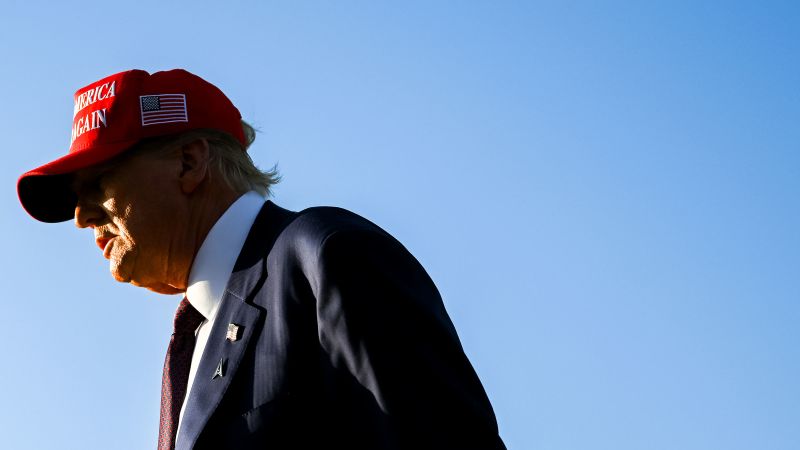Taiwan Buckles Up for Volatile Relationship with Trump’s Second Term
As Donald Trump begins his second term as US President, Taiwan is bracing itself for a potentially more unpredictable and demanding relationship with Washington. Trump’s first term saw a significant increase in support for Taiwan, including increased arm sales and diplomatic visits. However, Trump’s rhetoric on the campaign trail was vastly different, with claims that Taiwan should pay more for “protection” and that it had “stolen” America’s chip business.
Taiwan’s government and experts alike are anxious about the potential impact of Trump’s second term on their relationship with the US. Trump’s unpredictability makes it difficult to know what to expect, and there are concerns that Taiwan will have to pay more for its own defense and increase engagement with the Trump administration to shore up American support.
China’s ruling Communist Party views Taiwan as part of its territory and has vowed to take the island by force if necessary. The Taiwanese government has expressed confidence in bilateral ties with the US, citing longstanding bipartisan support for the island. However, experts warn that Taiwan will have to be more proactive in increasing its defense spending and strengthening its military capabilities to protect itself.
Trump’s stance on Taiwan is also of concern, as he has repeatedly stated that the US would not intervene militarily to defend the island if it were attacked by China. This departure from previous US policy has raised alarm bells among Taiwanese officials and experts, who worry about the potential implications for Taiwan’s security.
Taiwan’s defense ministry has noted that China has fielded its largest regional maritime deployment in decades, with increased military exercises near the island. The US has also elevated its military presence in the region, with a renewed focus on Taiwan’s defense.
The stakes are high, with Taiwan’s government proposing a record-high military budget of approximately 2.5% of its total economic output. This is a significant increase, but some experts argue that Taiwan needs to commit to a higher percentage of its GDP to match the levels of defense spending seen in other countries.
The US has also ordered Taiwan’s largest chip manufacturer, Taiwan Semiconductor Manufacturing Company (TSMC), to halt shipments of advanced chips to Chinese customers. This move has raised concerns about the potential impact on Taiwan’s chip industry and its reliance on exports to the US.
In conclusion, Taiwan is facing a challenging environment as Trump begins his second term. The island’s government and experts will have to navigate a complex and unpredictable landscape, with the potential for increased tensions with China and a more demanding relationship with the US.

